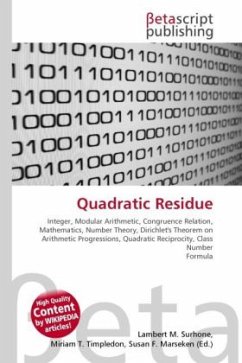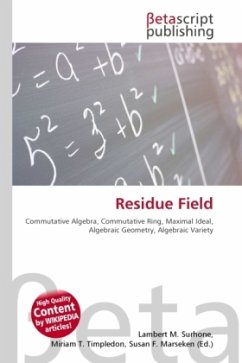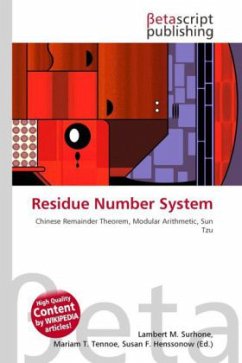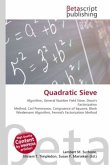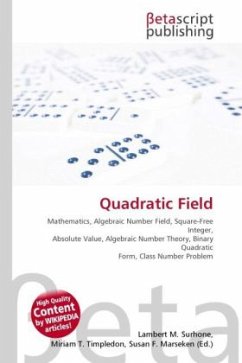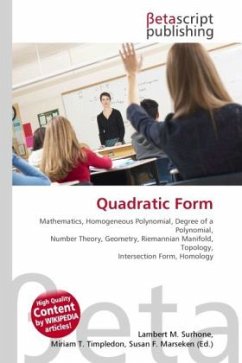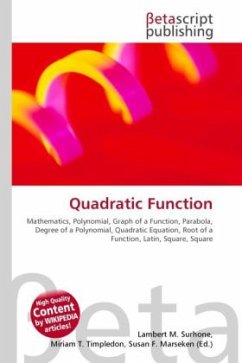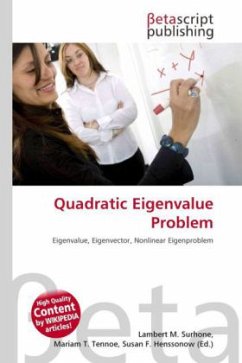High Quality Content by WIKIPEDIA articles! An integer q is called a quadratic residue modulo n if it is congruent to a perfect square (mod n). Originally an abstract mathematical concept from the branch of number theory known as modular arithmetic, quadratic residues are now used in applications ranging from acoustical engineering to cryptography and the factoring of large numbers. Fermat, Euler, Lagrange, Legendre, and other number theorists of the 17th and 18th centuries proved some theorems and made some conjectures about quadratic residues, but the first systematic treatment is
IV of Gauss's Disquisitiones Arithmeticae (1801). Article 95 introduces the terminology "quadratic residue" and "quadratic nonresidue", and states that, if the context makes it clear, the adjective "quadratic" may be dropped.
IV of Gauss's Disquisitiones Arithmeticae (1801). Article 95 introduces the terminology "quadratic residue" and "quadratic nonresidue", and states that, if the context makes it clear, the adjective "quadratic" may be dropped.

